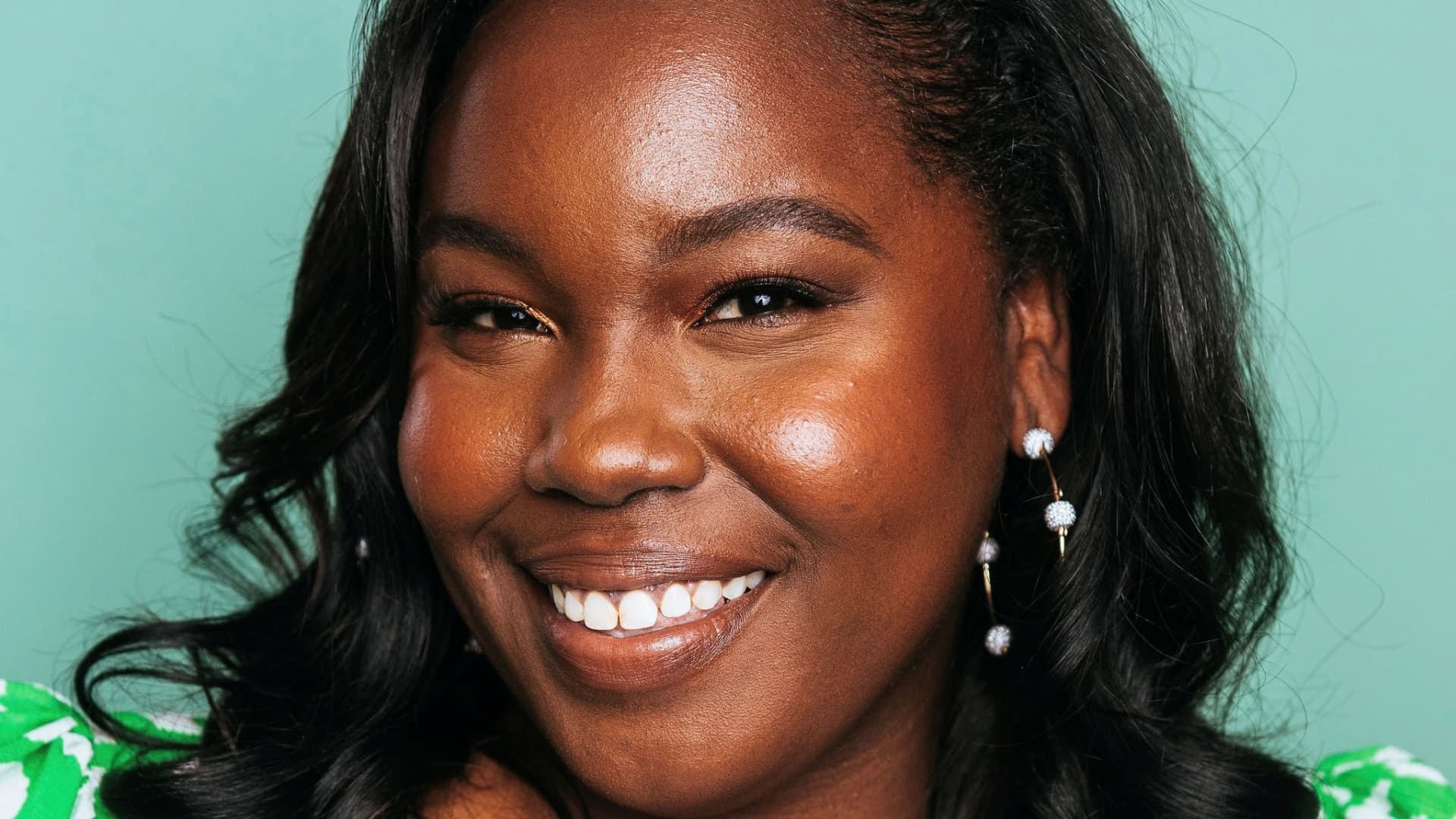
Being a leader at work is challenging for everyone. But women of color have a unique, and sometimes unfavorable, experience with being the boss, whether it be in corporate America or as business owners.
While some thrive in the C-suite, many women of color experience bouts of self-doubt, burnout and even impostor syndrome in their executive roles.
CNBC Make It sat down with four diverse women in the C-suite to learn more about their individual experiences being leaders in the workplace.
Lisa Lewin
Get top local stories in Southern California delivered to you every morning. >Sign up for NBC LA's News Headlines newsletter.
CEO, General Assembly

Lisa Lewin, CEO at General Assembly, is no stranger to the lack of representation at the executive level.
Money Report
"The entire corporate ecosystem has really been, for the most part, designed around the [Caucasian cis-male] archetype," Lewin tells CNBC Make It. "That doesn't mean that everybody that carries that identity is always comfortable, but in terms of the general default culture, it is certainly more aligned to some identities than others."
Though many Black women struggle with bringing their authentic selves to the workplace, Lewin says being in an executive role has actually allowed her to feel more comfortable.
"What being in the C-suite does, regardless of your gender or racial ethnicity, is a empower you to be a little bit more authentic. So the higher up the ranks you are the more enabled you are to bring your true self to work. I absolutely can be more authentic, because I'm the boss."
Chelsea C. Williams
Founder and CEO, Reimagine Talent Co.

Chelsea C. Williams founded and funded her business Reimagine Talent Co., a workforce development and talent retention firm, all on her own while still in her 20s. Now, at age 32, Williams' business has brought in 7 figures. But it wasn't an easy task.
Williams tells CNBC Make It that she wasn't able to fully accept her title as CEO in the beginning, as self-doubt "got in the way of sitting in entrepreneurship and growing to the next level."
"My first full year, I couldn't call myself a CEO. I would say that I'm a strategist. I could not sit in that title, because what the world says a CEO is oftentimes is not a Black woman…especially a young one," she says.
To help fight feelings of inadequacy at work, Williams recommends finding a therapist or "mindset coach."
"My therapist was important in helping me get to identity … helping me understand my worthiness and value and how to show up as who I am. I don't have to be aggressive or emulate men and how they build businesses. I can sit in my femininity, demand certain things and lead this business."
Christine Cruzvergara
Chief Education Strategy Officer, Handshake

As a career services leader, Christine Cruzvergara helps provide students with the tools necessary for succeeding and being confident in the workforce – something she says she had to remind herself of when transitioning into her current role.
"Transitioning into tech from a career in higher education, I'm surrounded by a majority of people who don't have the same professional or educational background that I do. So their thinking, approach, communication and style around how they do things is going to look very different," Cruzvergara explains. "And while I will need to bring some of those tools into my toolkit as well, I also don't want to lose who I am and what makes me special at the same time."
Cruzvergara also says that though leadership comes with its downfalls, remaining genuine has been a huge driver for her success.
"As a woman of color, I have to operate knowing that I have a smaller margin of error, and that I need to be on my game every time I walk into a room," she explains.
"On a more positive note, over the course of my career, I have learned how important it is to sit in your own confidence and know what makes you, you. Because it is what helps you to be successful. It's what's gotten me to where I am, and it's what's going to get me to the next place."
Lisa Skeete Tatum
Founder and CEO, LandIt
For many entrepreneurs of color, fundraising can be the hardest part of business ownership — and even though Lisa Skeete Tatum was a once venture capitalist, she still found financing to be "challenging."
"Entrepreneurship is hard for anyone. But there are extra layers that come when you are a founder of color. And of course financing is at the top of it because you can't scale. You can't grow unless you have resources," Tatum says. "It was challenging, but I was able to surround myself with amazing funders and angel investors. Still, the road was very, very painful."
For other women and POC entrepreneurs, Tatum advises that you be persistent about reaching your goals for your business and your career as a whole.
"You've got to get comfortable with the word no. You have to be resolute, and unwavering in your vision and your commitment to what you're doing. You have to be driven by a bigger mission. That's actually what an entrepreneur is, you're willing to do whatever it takes to deliver on behalf of the people that you're serving, because you're that passionate about it."
Want to earn more and work less? Register for the free CNBC Make It: Your Money virtual event on Dec. 13 at 12 p.m. ET to learn from money masters like Kevin O'Leary how you can increase your earning power.
Check out:
Stop saying 'I'm sorry' at work: Try these phrases instead, says CEO of career consulting firm
Do these 3 things to make the most of your next work conference, career experts say
These 10 cities are the best places to work from home in the U.S.
Sign up now: Get smarter about your money and career with our weekly newsletter






